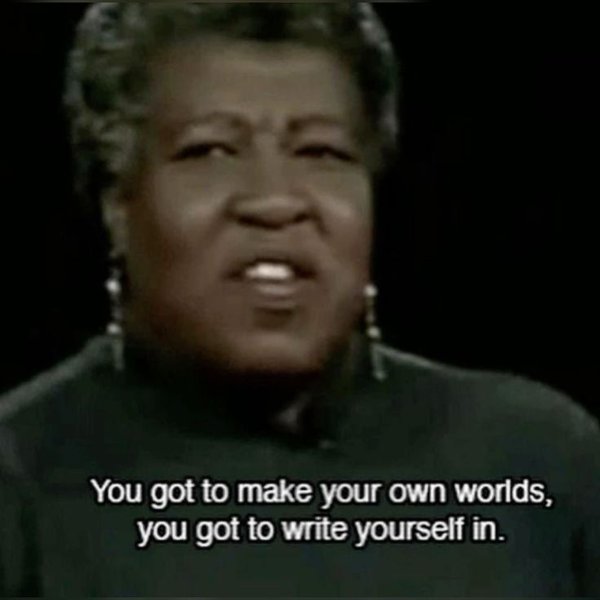Being Multi-Passionate
... See moreCreativity is about connection—you must be connected to others in order to be inspired and share your own work—but it is also about disconnection. You must retreat from the world long enough to think, practice your art, and bring forth something worth sharing with others. You must play a little hide-and-seek in order to produce something worth


Metatribe members tend to be multi-hyphenate: artist-scientist; dancer-entrepreneur; programmer-monk. Their work often synthesizes multiple disciplines at once.
Tyler Alterman • The Dawn of the Metatribe
Life is modular, not linear. You don't choose a career at twenty-two and stick with it for forty years like some kind of professional arranged marriage. Instead of hunting for the mythical perfect tree, follow your curiosity. What ideas make you pause while scrolling? What conversations do you find yourself returning to days later? When a friend... See more
Maalvika • Why Are We Lying to Young People About Work?
This has been done by so many successful people for thousands of years it’s a crime we don’t accept this alternative. People such as Charlie Munger the billionaire investor, Hilma af Klint the mystic and artist, Leonardo Da Vinci the polymath and Patti Smith the poet and artist are all fitting examples. There’s no reason why more Multi-Passionate... See more
Joel Uili • Why Multi-Passionate people need to approach mastery differently
Moreover, our culture of specialization conflicts with something most of us intuitively recognize, but which career advisers are only beginning to understand: we each have multiple selves. … We have complex, multi-faceted experiences, interests, values and talents, which might mean that we could also find fulfillment as a web designer, or a... See more
Maria Popova • How to Find Fulfilling Work
The rise of multipotentialites, slashies, and neo-generalists building portfolio careers reflects a growing recognition that our contributions need not be limited to a single field. Multihyphenate professionals—people who engage in such a wide range of occupations that they need multiple hyphens to describe their work—were once mostly found in the
... See moreAnne-Laure Le Cunff �• Tiny Experiments: How to Live Freely in a Goal-Obsessed World
Portfolio careers are on the rise and to me this makes perfect sense, because they’re more reflective of the way humans are built. We’re multi-dimensional, multi-faceted, multi-passionate beings, so surely our work should be multi-dimensional, multi-faceted and speak to our multiple passions.
Many of us are realising that we don’t want... See more
Many of us are realising that we don’t want... See more